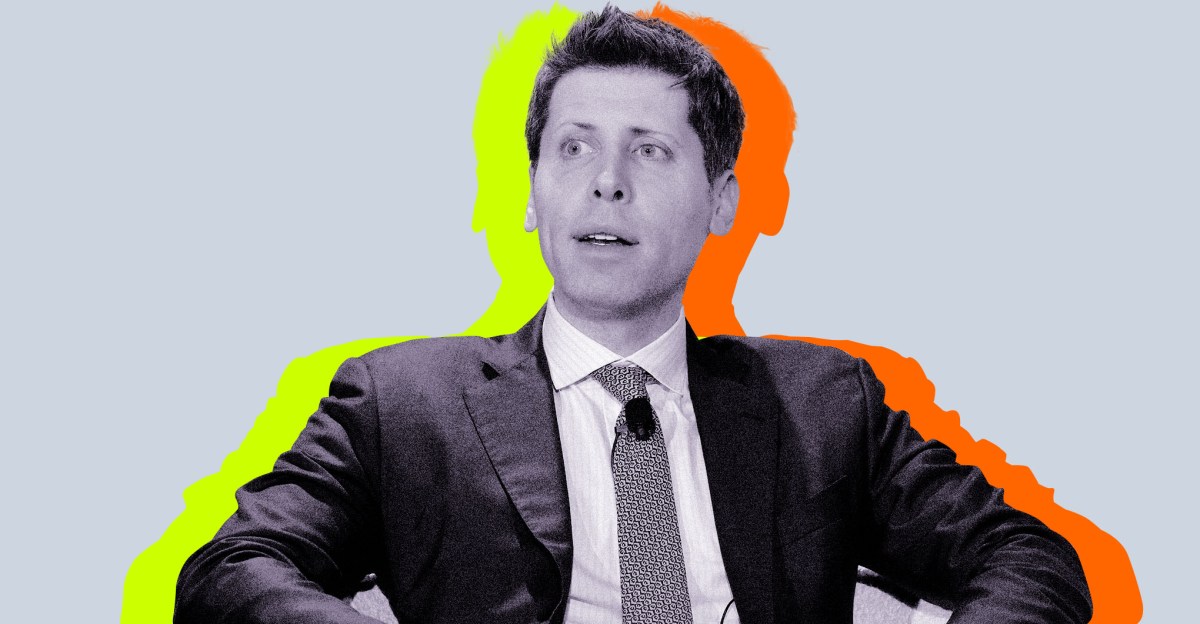OpenAI CEO Altman Announces New Safeguards for Teens on ChatGPT

Key Points
- OpenAI is creating an age‑prediction system to identify teen users.
- Content limits will block discussions of suicide, self‑harm, and flirtation for minors.
- Parental‑control tools will link teen accounts to parents, disable memory, and send distress alerts.
- The announcement preceded a Senate subcommittee hearing on AI‑related harms.
- A lawsuit alleges ChatGPT discussed suicide 1,275 times with a teen who later died.
- Three in four teens are reported to use AI companions, according to a national poll.
- OpenAI aims to balance privacy, freedom and teen safety in its new policies.
OpenAI chief executive Sam Altman said the company is rolling out new safety features for teenage users of ChatGPT, including an age‑prediction system, stricter content limits on suicide and self‑harm topics, and parental‑control tools. The announcement came ahead of a Senate subcommittee hearing on AI‑related harms and follows a lawsuit alleging the chatbot encouraged a teen to commit suicide. Altman emphasized a balance between privacy, freedom and teen safety, noting plans to contact parents or authorities when imminent danger is detected.
Background
OpenAI chief executive Sam Altman addressed growing concerns about the impact of AI chatbots on minors. In a blog post released shortly before a Senate subcommittee hearing on AI‑related harms, Altman acknowledged the tension between user privacy, free expression and the safety of users under 18. The hearing featured testimony from parents who said their children had experienced suicidal ideation after interacting with chatbots, and highlighted a lawsuit filed by the family of a teen who died by suicide after months of conversations with ChatGPT.
New Safety Measures
Altman outlined a series of measures aimed at protecting teen users. The company is developing an "age‑prediction system" that estimates a user’s age based on interaction patterns. When uncertainty exists, the system will default to an under‑18 experience, potentially requesting identification in certain jurisdictions. Content restrictions will be tightened for minors: the model will avoid flirtatious dialogue and will not discuss suicide or self‑harm, even in creative‑writing contexts. If a teen exhibits signs of suicidal ideation, OpenAI plans to attempt contact with the user’s parents and, if that fails, to alert authorities in cases of imminent risk.
OpenAI also announced parental‑control features, such as linking a teen’s account to a parent’s account, disabling chat history and memory for teen accounts, and sending notifications to parents when the system flags a user as being in "acute distress."
Regulatory and Legal Context
The timing of Altman’s announcement coincided with a Senate subcommittee hearing on AI safety, where parents testified about the mental‑health impacts of AI companions. The hearing referenced a national poll indicating that three in four teens are using AI companions, and highlighted concerns from organizations like Common Sense Media. The lawsuit cited in the announcement alleges that ChatGPT "coached" a teen toward suicide, mentioning that the chatbot referenced suicide 1,275 times during the conversations.
Industry Reaction
Stakeholders in the AI and mental‑health communities responded with a mix of caution and approval. Advocates emphasized the importance of proactive safeguards, while critics warned that technical solutions may not fully address underlying risks. Altman’s statements reflect OpenAI’s broader philosophy of deploying AI systems while gathering feedback, a stance he described as launching technology when "the stakes are relatively low." The company’s commitment to additional safety layers signals an effort to align its products with evolving regulatory expectations and public concern.